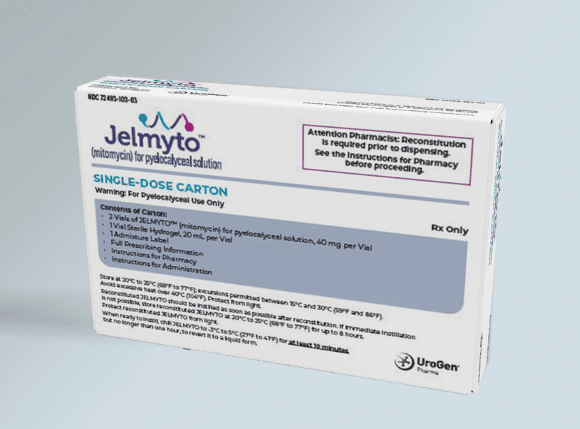Mitomycin Interactions
There are 268 drugs known to interact with mitomycin, along with 4 disease interactions. Of the total drug interactions, 51 are major, 202 are moderate, and 15 are minor.
- View all 268 medications that may interact with mitomycin
- View mitomycin disease interactions (4)
Most frequently checked interactions
View interaction reports for mitomycin and the medicines listed below.
- Activated Charcoal (charcoal)
- Adrenalin (epinephrine)
- Adriamycin (doxorubicin)
- Advair Diskus (fluticasone / salmeterol)
- Amoxil (amoxicillin)
- Anti-D (RHO) Immunoglobulin (rho (d) immune globulin)
- Ativan (lorazepam)
- Augmentin (amoxicillin / clavulanate)
- Azithromycin Dose Pack (azithromycin)
- Celebrex (celecoxib)
- Celexa (citalopram)
- Cipro (ciprofloxacin)
- Co-trimoxazole (sulfamethoxazole / trimethoprim)
- Cymbalta (duloxetine)
- Daily Multiple Vitamins (multivitamin)
- Dextrose (glucose)
- Dilaudid (hydromorphone)
- Diltiazem Hydrochloride SR (diltiazem)
- Effexor XR (venlafaxine)
- Enbrel (etanercept)
- Fentanyl Transdermal System (fentanyl)
- Heparin Sodium (heparin)
- Lyrica (pregabalin)
- Metoprolol Succinate ER (metoprolol)
- Metoprolol Tartrate (metoprolol)
- Paracetamol (acetaminophen)
- Vitamin B12 (cyanocobalamin)
- Vitamin C (ascorbic acid)
- Vitamin D3 (cholecalciferol)
- Zofran (ondansetron)
Mitomycin disease interactions
There are 4 disease interactions with mitomycin which include:
More about mitomycin
- mitomycin consumer information
- Compare alternatives
- Pricing & coupons
- Latest FDA alerts (1)
- Side effects
- Dosage information
- During pregnancy
- Drug class: antibiotics/antineoplastics
Related treatment guides
Drug Interaction Classification
| Highly clinically significant. Avoid combinations; the risk of the interaction outweighs the benefit. | |
| Moderately clinically significant. Usually avoid combinations; use it only under special circumstances. | |
| Minimally clinically significant. Minimize risk; assess risk and consider an alternative drug, take steps to circumvent the interaction risk and/or institute a monitoring plan. | |
| No interaction information available. |
See also:
Further information
Always consult your healthcare provider to ensure the information displayed on this page applies to your personal circumstances.


